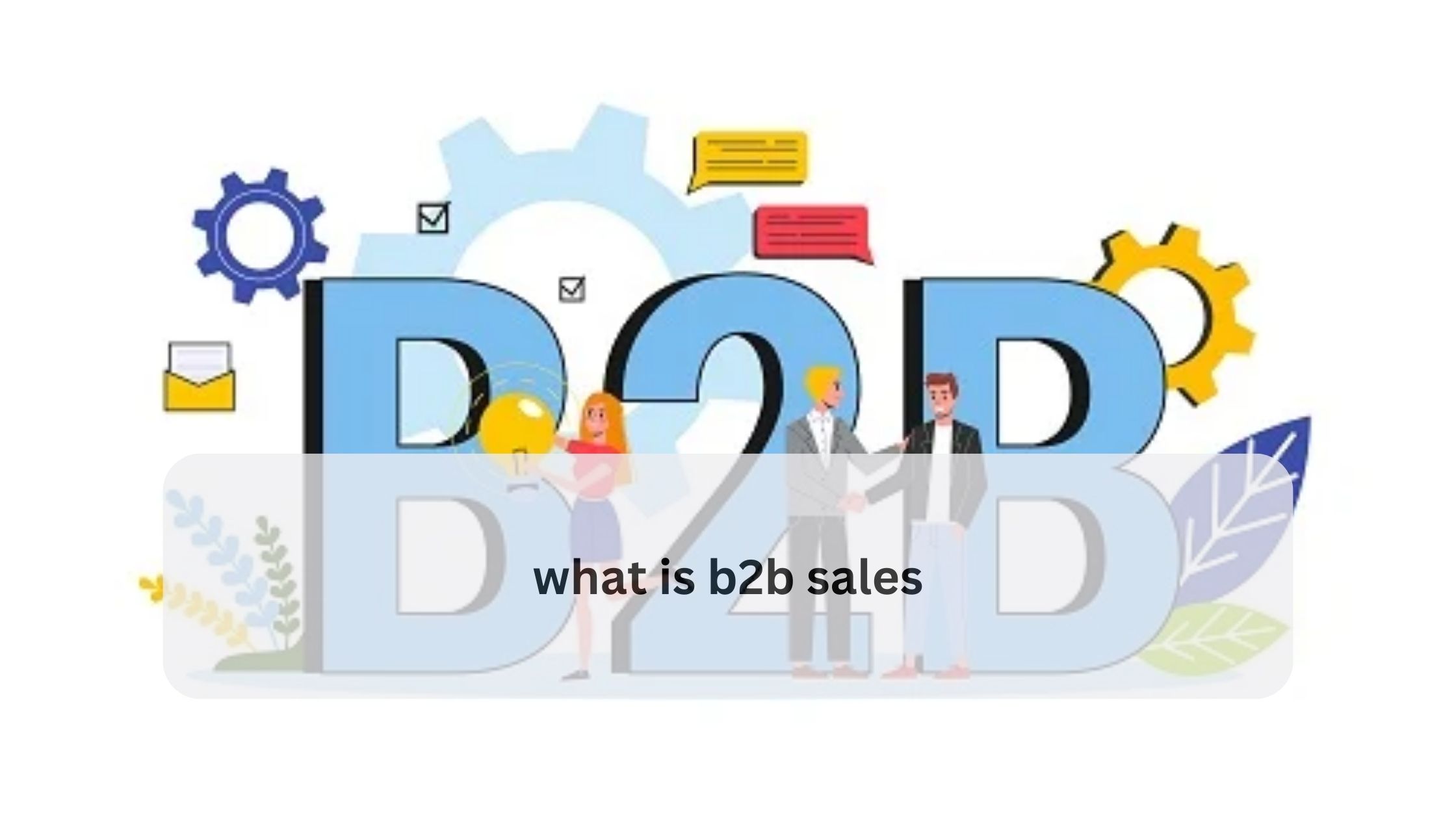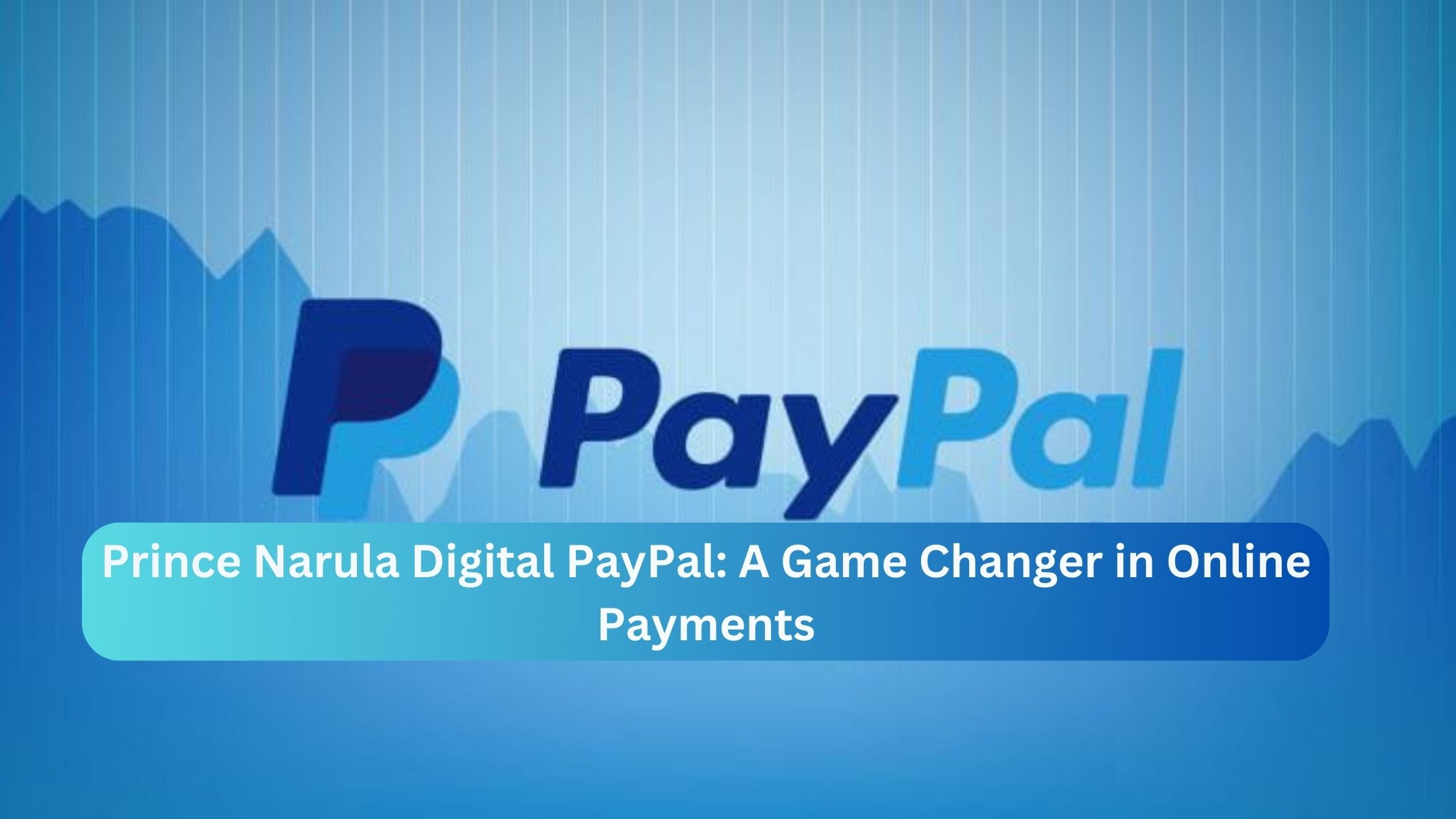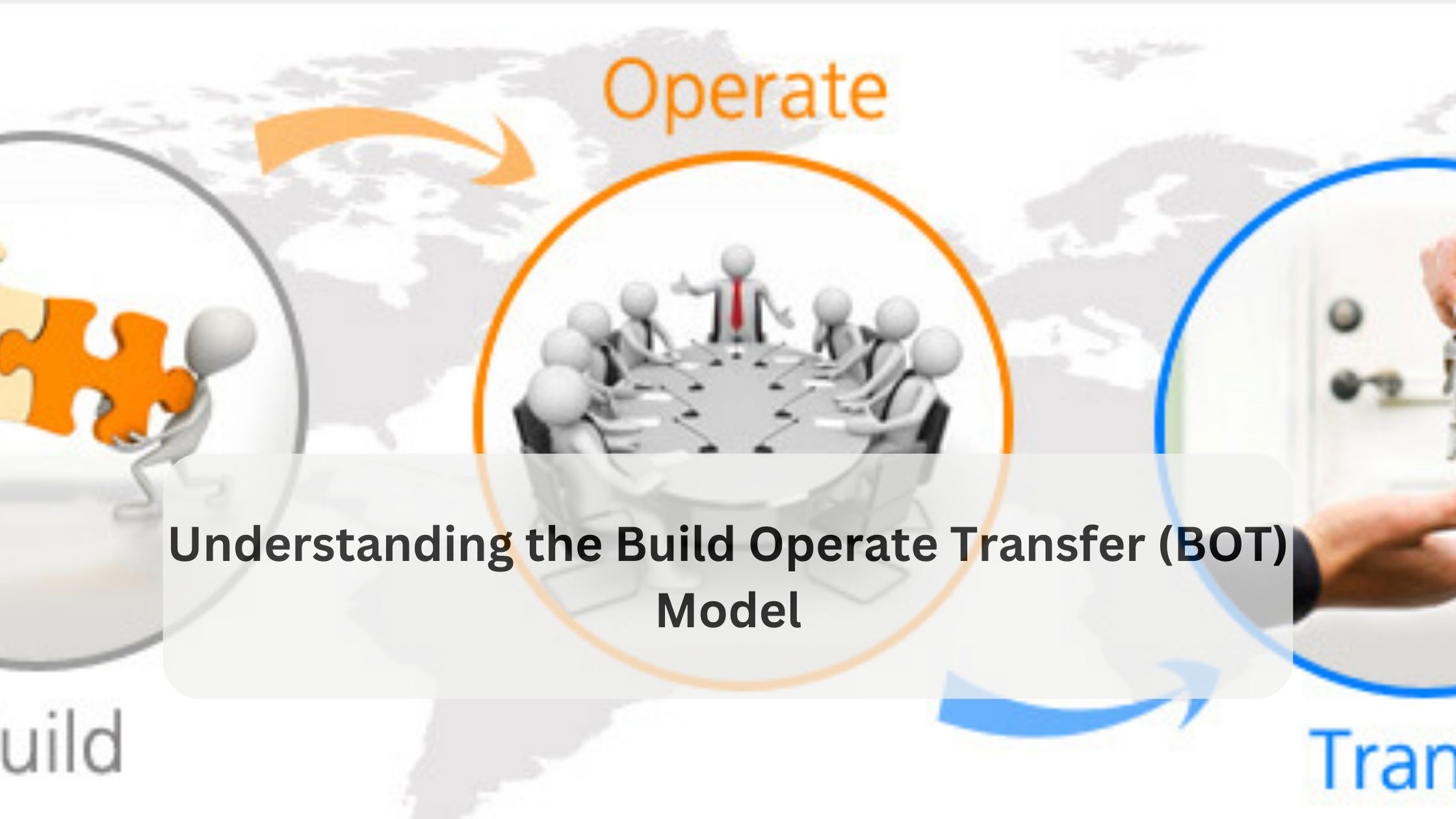In today’s dynamic business landscape, understanding the essence of B2B (business-to-business) sales is essential for anyone who wants to excel in the professional field. But what exactly is B2B sales and why is it important to you?
B2B sales, or business-to-business sales, refers to transactions in which one business sells products or services to another business. Unlike business-to-consumer (B2C) sales, where businesses sell directly to individual consumers, B2B sales involve larger and more complex transactions with longer sales cycles. The main goal is to provide solutions that help another business operate more efficiently, reducing costs or increasing revenue.
Let’s dive into this exciting world and find out why it’s a game changer for businesses.
Why B2B Sales Matters
Drive innovation:
B2B sales drive innovation by connecting businesses with the tools, technologies and services they need to thrive. When companies invest in new solutions through B2B transactions, they often improve their offerings, leading to industry-wide advancements.
Encourage partnerships:
unlike one-time B2C purchases, B2B transactions often create lasting partnerships. These relationships are built on mutual benefit, trust and cooperation, creating a network of businesses that work together towards common goals.
Driving economic growth:
By facilitating business transactions, B2B sales contribute significantly to economic growth. When companies invest in each other, they expand their capabilities and reach, which can lead to increased productivity and job creation.
Read More: Prince Narula Digital PayPal: A Game Changer in Online Payments
The B2B sales process
The B2B sales process is strategic and structured. Here’s a simplified overview of how it works:
Lead Generation:
The journey begins with the identification of potential business customers. This includes researching and targeting businesses that could benefit from the product or service.
Proposal:
Once a prospect is qualified, the company presents a personalized proposal. This proposal emphasizes how the product or service meets the specific needs of the customer.
Negotiation:
In B2B sales, negotiation is common. Both parties discuss terms, prices and other details to reach a mutually beneficial agreement.
Closing:
After successful negotiation, the deal is completed. This step consists of formalizing the agreement and establishing the necessary logistics for delivery and implementation.
After-sales support:
the relationship does not end with the sale. Ongoing support and service ensures that the customer is satisfied and can fully use the product or service. This stage is crucial for cultivating long-term relationships and fosters future business opportunities.
Qualification: Not all leaders are created equal. The next step is to assess which customers are most likely to convert into valuable customers. This is done to evaluate their needs, budget and purchasing power.
Key benefits of B2B sales
Higher transaction values:
B2B sales often involve larger transactions than B2C sales. Indeed, companies usually buy in bulk or invest in solutions with high added value.
Long-term relationships:
A focus on building strong partnerships means B2B sales can lead to long-term contracts and repeat business, providing stability and steady income.
Customization:
B2B sales often allow for a higher degree of customization of products and services. This tailored approach ensures that solutions meet the specific needs of each business customer.
Strategic impact:
Since B2B transactions can have a significant impact on a company’s operations, sales professionals in this field often work closely with clients to provide strategic solutions that drive business success.
Also Read: Qxefv – Start Your QXEFV Journey!
The future of B2B sales
As technology continues to evolve, so does the B2B sales landscape. Here are some trends shaping the future:
Digital transformation:
The rise of digital platforms and tools is revolutionizing B2B sales. From CRM systems to AI-driven intelligence, technology is improving the way businesses connect, sell and serve their customers.
Personalization:
Demand for personalized experiences is on the rise. B2B sales strategies increasingly focus on customized solutions and interactions tailored to meet the unique needs of each business.
Data-driven decisions:
With the availability of big data, companies are making more informed decisions. Data analysis helps to understand customer needs, predict trends and optimize sales strategies.
Remote and hybrid sales:
The shift to remote and hybrid work environments has changed the way B2B sales work. Virtual meetings and digital communication tools have become an integral part of the sales process.
FAQs
Q: How does B2B sales differ from B2C sales?
A: B2B sales involves selling products or services to other businesses, with a focus on building long-term relationships and managing complex sales cycles. B2C sales target individual consumers and often involve faster transactions.
Q: What are the essential skills for success in B2B sales?
A: Essential skills include good communication, relationship building, problem solving, negotiation and a thorough understanding of the industry and customer needs.
Read More: Vy6ys – Boost Productivity Start Now!
Final Thoughts
B2B sales professionals are becoming increasingly essential. Embrace this dynamic field with enthusiasm and you will find opportunities to make a significant impact in the business world. Understanding and engaging in B2B sales not only helps businesses thrive, but also fosters a thriving ecosystem of innovation and collaboration. So dive in and discover the exciting potential that B2B sales offers you and your business!



